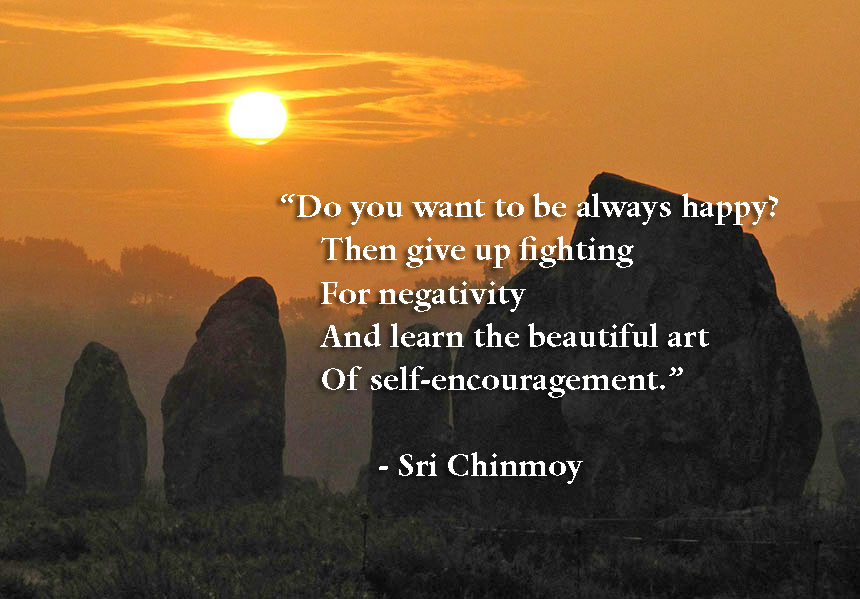In the treatment of depression, a new practise has emerged to help people overcome feelings of unworthiness and depression.
People are given 3D glasses, which give a virtual world. In this virtual world, people come across a person who is down on his luck – homeless and suffering. Usually, in response to seeing this person, people offer kind words to this stranger to help him feel better.
Later, the person undergoing treatment, experiences being the homeless person, who is then comforted by their own words of kindness and compassion. They hear the exact words, that they offered from the other perspective.
 Whether it works or not, it raises quite a few interesting ideas about the nature of depression and how to try and overcome it.
Whether it works or not, it raises quite a few interesting ideas about the nature of depression and how to try and overcome it.
What goes around comes around. The first interesting observation is that this simulation works by speeding up the law of karma. If we offer kindness to others, this kindness will come back to us. Similarly, if we offer hatred to others, that too will come back to haunt us. Sometimes, we can forget that we should always treat others, how we would wish to be treated ourself.
Bringing out our good qualities. A strong point of this treatment is that it puts us in a position where our natural good qualities – concern, compassion and kindness come to the fore. Everybody has a heart, but when we are stuck in the cycles of the minds depression, we can forget about our own heart’s good qualities.
We heal ourself. Another interesting thing is that in this exercise, we are healing ourself. We don’t rely on the words of other people, we don’t rely on drugs, but we realise that we have the capacity to offer something very valuable to other people. When we come face to face with our good qualities, we feel better about ourself. It is this sense of self-worth that can be helpful for overcoming feelings of isolation and depression.
Giving and receiving. Some people are very good at wanting to give and help others, but we can often block off kindness and good vibrations coming back to us. The mind feels we should always give – but giving isn’t just one way; it is a cycle. Sometimes the proud mind, doesn’t want to accept good will, but we need to be open to kindness coming our way too. This exercise puts us in a situation where we have to see good will and compassion being offered to us. It is all the more powerful because of the fact it comes from ourself.
We are not alone. Depression often comes from a sense of isolation. Even in the midst of millions of people, we can feel alone and cut off. This exercise reminds us that when we interact in a positive way with other people, we feel a sense of connectedness with our wider self and human family.
To help yourself help others. If we feel cut off and alone, a good place to start is to see what we can give to others. We may not feel like helping ourself, but when we see others in a difficult plight, we can be willing to try and offer good will to those more unfortunate. This is a great exercise for ourself, because it takes us out of our limited mind and sense of self.
Also, the good thing about this exercise is that we are in a position where we are giving happily and unreservedly. When we offer kindness to a homeless person who has nothing, we are giving from our pure heart – we don’t expect anything in return. Sometimes, we give conditionally – hoping to get something back; but this diminishes our offering. We should always try to give happily and unreservedly, as this aphorism from Sri Chinmoy reminds us.
When the giver gives you
Happily and unreservedly,
You receive a double amount.
Conclusion
The title of this post is “a simple treatment for depression”. But, in reality, there may not be a simple cure – more a slow progression from a difficult place to a more enlightened place. However, it is definitely worth bearing in mind there are various ways that we can help to look at the world in a different light.
Related
Quote at top
“Do you want to be always happy?” From Ten Thousand Flower Flames part 12 by Sri Chinmoy